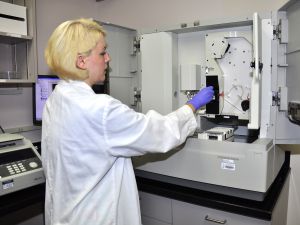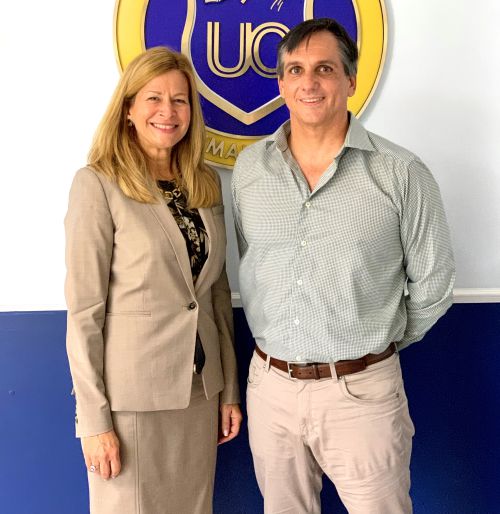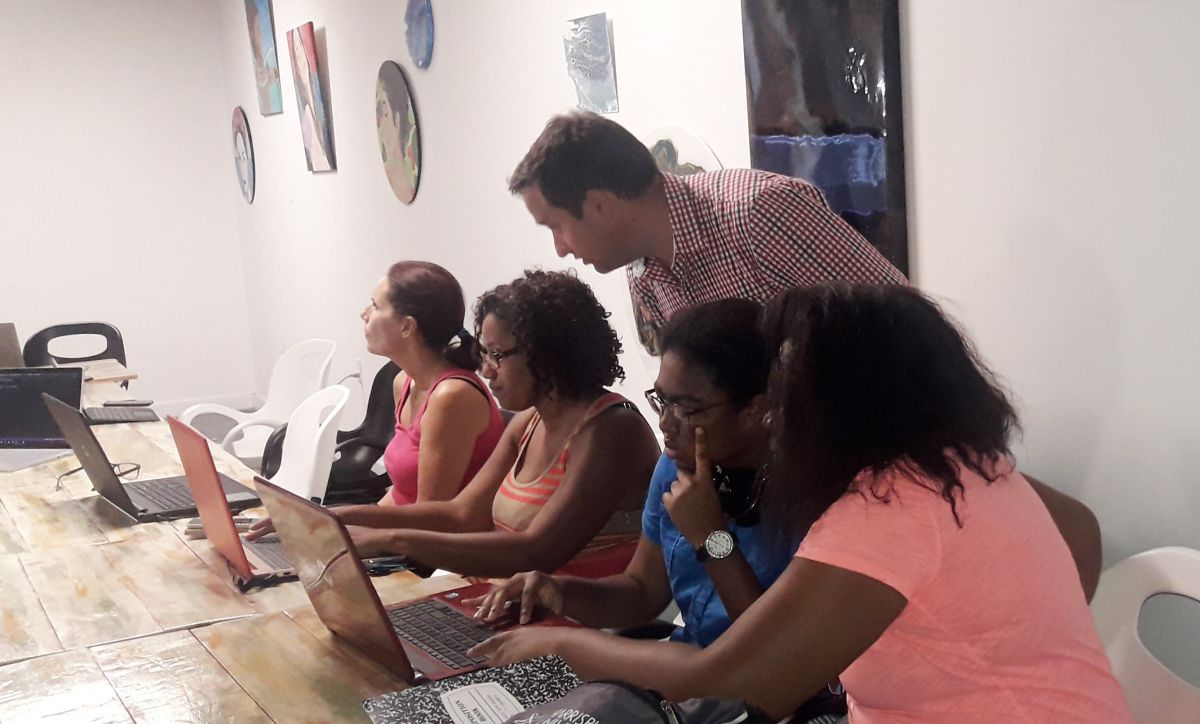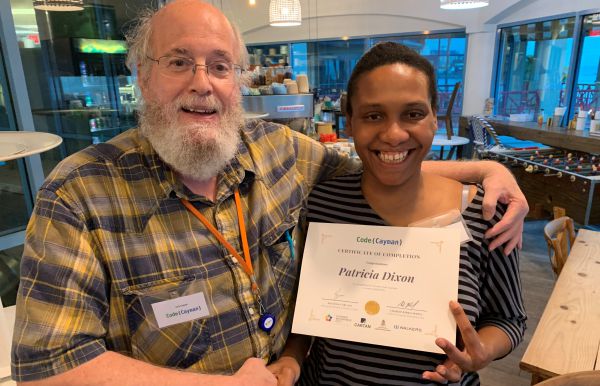(CNS): The DNA unit of the Cayman Islands Forensic Science Laboratory, operated by the Cayman Islands Health Services Authority (HSA), has marked its 10th anniversary. Established in 2006 and internationally accredited since 2009, the unit conducts human identity testing for criminal, legal and private purposes. For law enforcement, it examines evidence collected from crime scenes for potential biological material, such as blood or other body fluids or skin cells, and then conducts DNA analysis to identify the possible donors by comparison to suspects, victims or elimination samples.
The laboratory’s scientists have extensive training and experience of searching for and recovering potential DNA sources both at crime scenes and on physical evidence obtained from those locations.
Before the unit was established, DNA samples had to be sent overseas, explained forensic DNA specialist Angela Tanzillo-Swarts in an HSA press release. “With the introduction of Cayman’s very own DNA unit, we are able to perform the same high quality testing for approximately one-third of what it used to cost to send samples overseas,” she said.
“Samples can be processed quickly and the results sent to the police within three to six weeks on average and in as little as 24 hours for ‘rush cases’.”
In addition to conducting forensic casework in criminal investigations, the unit also maintains a criminal justice database comprising DNA profiles from crime scenes, suspects and arrestees. Through an agreement with the Federal Bureau of Investigation (FBI) to utilise its Combined DNA Index Software (CODIS), in 2006 the laboratory established the National DNA Database of the Cayman Islands (NDDCI) and since then has been assisting law enforcement to link unsolved crimes to known offenders.
The information the scientists obtain from biological material can be searched against each other to find potential matches between unsolved crimes and known offenders. This process generates investigative leads in matters where the police did not previously have any known suspects.
“On average, the National DNA Database of the Cayman Islands obtains investigative leads in 40%-50% of ‘no suspect’ cases,” Tanzillo-Swarts said.
Furthermore, with recidivism rates estimated as high as 70%, the investigative assistance gained by a functional DNA database is an invaluable tool. Numerous case studies have shown that obtaining DNA samples upon arrest can prevent more serious crimes. For example, a study in Chicago, Illinois, showed that 60 violent crimes, including 53 murders and rapes, could have been prevented if DNA had been taken upon arrest and matched to unsolved cases. In addition, reanalysis of cold cases using DNA technology in conjunction with a database of known offenders can identify previously unknown persons of interest.
With the latest version of the CODIS, which has the potential for expansion, the laboratory may also now assist with victim identification in mass casualty events.
The unit can also answer questions of relationship and determine the likelihood of paternity with at least 99.9% probability. The laboratory has assisted hundreds of local families to comply with Cayman Islands immigration requirements and matters of child custody/support, or simply offered them peace of mind. The laboratory has also used this application to assist in the identification of human remains found in Cayman waters.
The unit seeks a regional footprint as well. Tanzillo-Swarts promoted the country’s DNA services by participating at the Inaugural Conference Caribbean Association of Forensic Sciences, held in Jamaica 20-22 July 2016, where she presented on four DNA-related topics. Her involvement in the conference raised awareness in the Caribbean of the DNA services Cayman offers. Eventually, it is hoped to create a multinational DNA database cooperative that could link known offenders to crimes committed in the region.





